Written by Grace Sansom.
The saying goes, a new start is as good as a rest. Here are 5 books to refresh your new year reset – because sometimes the new beginnings that change us aren’t the ones we planned resolutions for.
These books show that starting something new can be rewarding but also challenging. Step outside of yourself and embrace new perspectives, exploring the relatable pressure of starting something new.
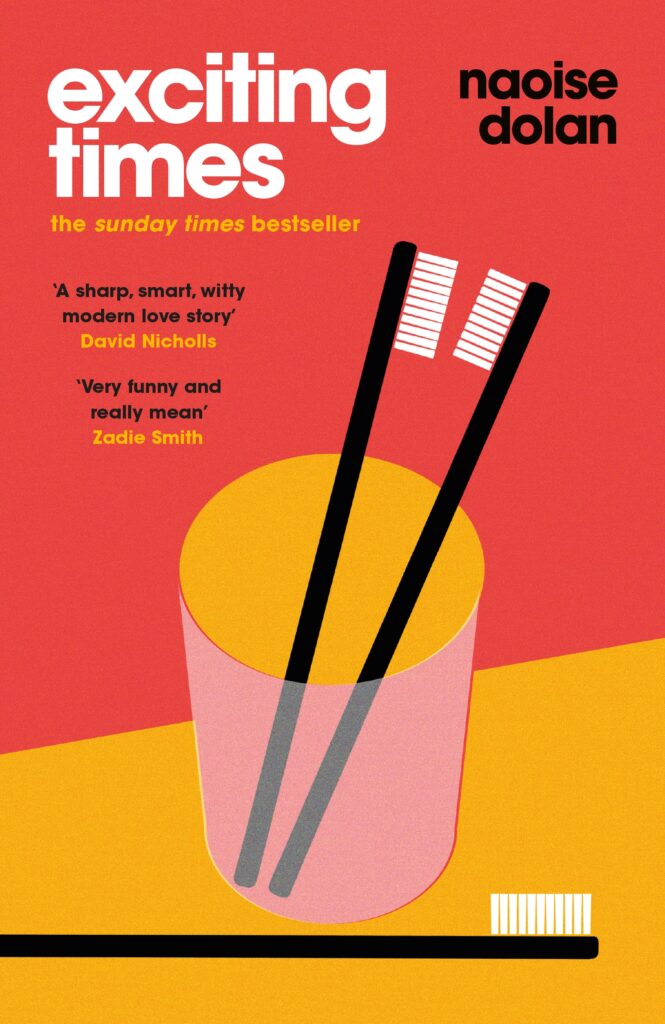
Longlisted for the Women’s Prize for Fiction 2021
The gap year. The perfect fresh start? Or so it seems for Ava in Exciting Times as she flees Ireland to see the world, jetting off to a badly paid job in Hong Kong to teach English language to rich school children.
Dolan’s wit is in fierce swing as she critiques the colonial irony of an Irish woman teaching English to the Hong Kong elite. An ironic outlook on twenty-something life is her secret weapon.
In a new place, feelings flower all over the place and Ava can’t escape tripping up in her escapades. Dolan is a dry, sharp Irish writer in her 20s and her closeness to her protagonist pulsates through the short chapters. Exciting Times is a tale of that burdening feeling you can’t escape at 22 – when you’re much too hard on yourself, and much too good at making bad decisions.
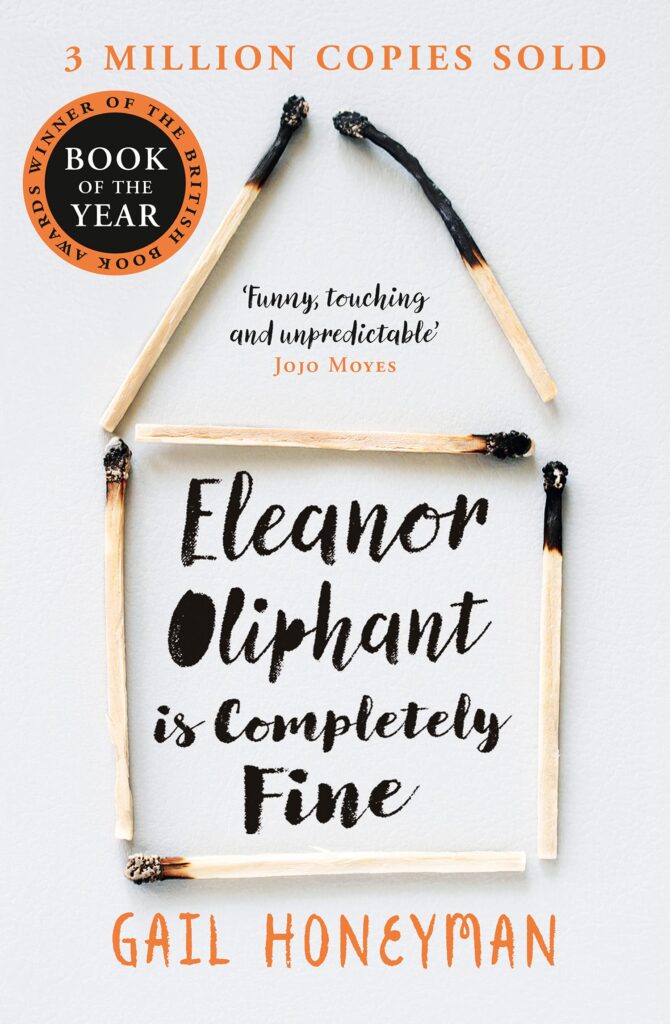
Longlisted for the Women’s Prize for Fiction 2018
Eleanor’s life is completely fine. She is completely fine. Honeyman’s novel teaches a heartfelt lesson: we learn anything is better than fine, in the end.
Change is uncomfortable, which is why Eleanor sticks to her timetabled life. She wears the same clothes to work each day, eats the same meal deal for lunch, and drinks the same two bottles of vodka each weekend. One day, Eleanor has to stray away from her timetable and help someone in need. This small act of kindness shatters the walls of routine built around her.
She starts to see the world differently. Eleanor sees the quirks and beauty in the ordinary as life starts again. The narrative is full of quiet warmth and a deep unspoken sadness as it covers the good and bad that comes with change. This is a must read – you learn it is never too late for a new beginning.
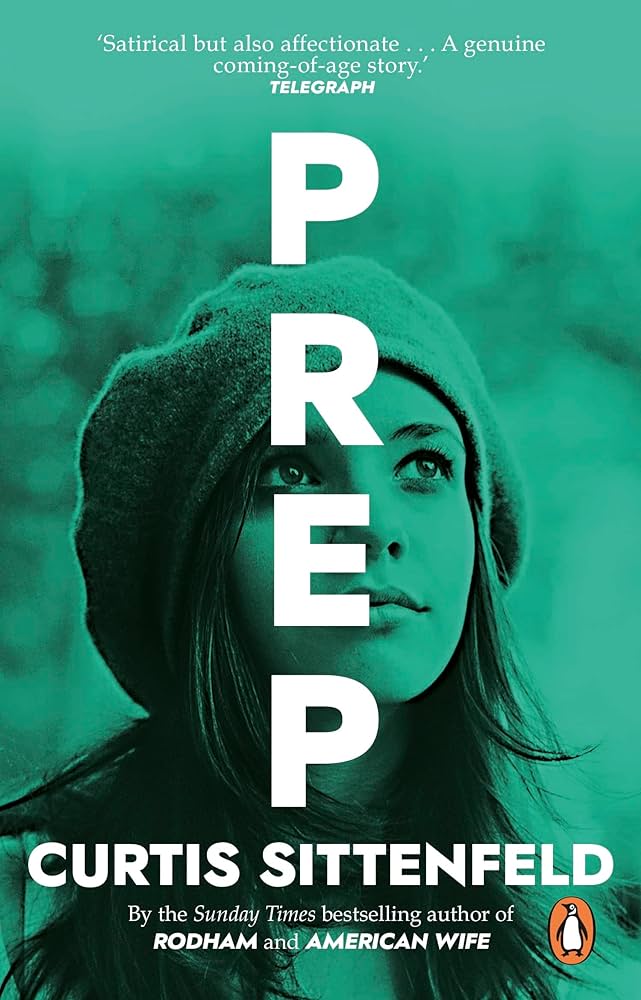
Longlisted for the Women’s Prize for Fiction 2006
In this sparkling debut, Sittenfeld brings us into a new beginning that will make your skin crawl: being a 14-year-old girl starting a new school.
Lee Flora is from Indiana, raised in a comforting and affectionate home where she has grown into her quirks. Prep sees her father drop her off at Ault, a prestigious American boarding school; they hug goodbye and then her world changes.
Prep is a story warning us against being self-absorbed. At Ault, every student struggles like Lee. They struggle to feel happy as they fall victim to teenage narcissism, and Sittenfeld makes their experience feel universal. We can remember those days, fondly or not so much… Labelled as Tart’s Secret History meets Clueless, Prep captures the surprising absurdity of teenage society. It’s funny, charming, and a retrospective critique of social privilege and the little terrors of starting anew.
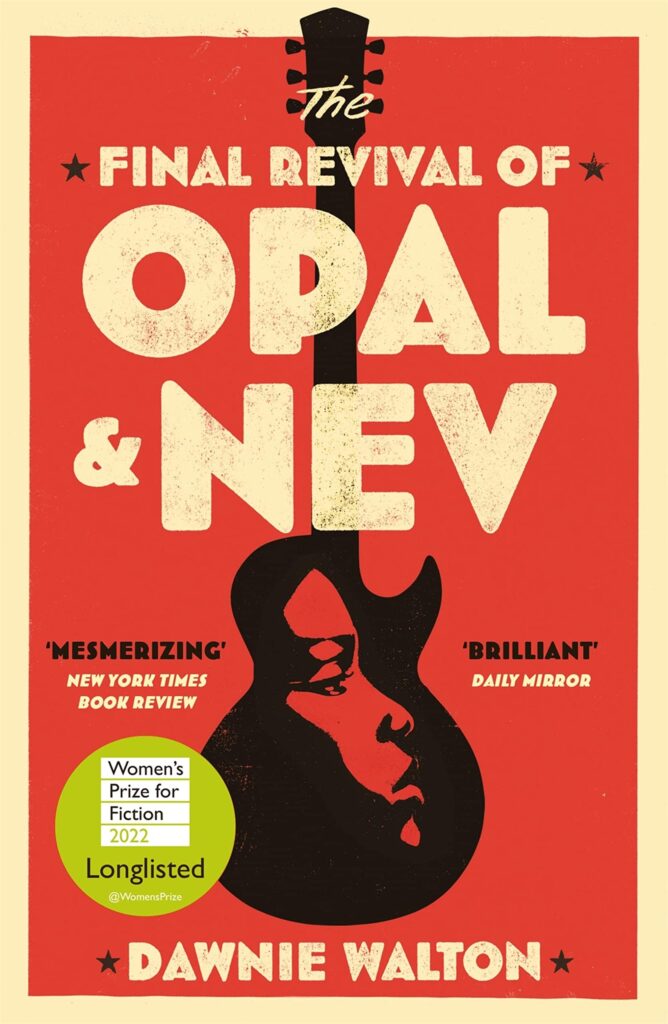
Longlisted for the Women’s Prize for Fiction 2022
Opal is a fierce musical talent on the cusp of 1970s stardom. She is pushing against societal oppression with the style and attitude of punk. She’s a black artist and feminine force to be reckoned with. Four decades later, Shelton is the editor of Aural, a fictional magazine. She embarks on a piece looking into her father’s relationship to the iconic Opal Jewel.
This novel is a velvet-clad rockumentary in written form – a story of spiralling histories, stretching from the civil rights movement to the Trump 2010s.
It is a comment on how bravery stirs needed change, and on how women will influence and inspire each other for decades to come. Opal is the icon Shelton needed, and the voice we need this year.
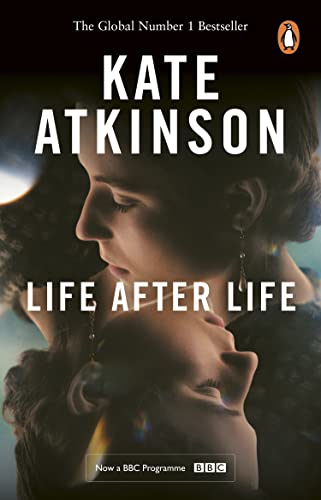
Shortlisted for the Women’s Prize for Fiction 2013
With Life After Life, Atkinson brings us a story about starting again, and again, and again. Set in wartime Britain, she weaves a tale of fate, family, life and renewal.
The novel begins with a fairy-tale like snowstorm. It is 1910 and Sylvie Todd is giving birth to her third child, the soon to be Ursula. First, Ursula is stillborn, as doctor and midwife cannot travel due to the weather conditions. However, this is when Atkinson’s looping and whimsical narrative frame begins. Ursula is given a second chance and the moment restarts – Dr Fellowes arrives, cuts the cord, and she draws her first breath.
From this point on, Ursula Todd’s life restarts and restarts. Atkinson’s creation is utterly unpredictable – Ursula’s childhood is a series of close misses and near chances. We carry a sense of empathy, as we take her last life into her new one. Atkinson leads us to understand the beauty in continuing on the same journey – the small beauties of everyday life shine through the text. Ursula’s life may be restarting, but her sense of self is gained from understanding the new beginnings day to day: a new breakfast, a new responsibility, a new friend.








